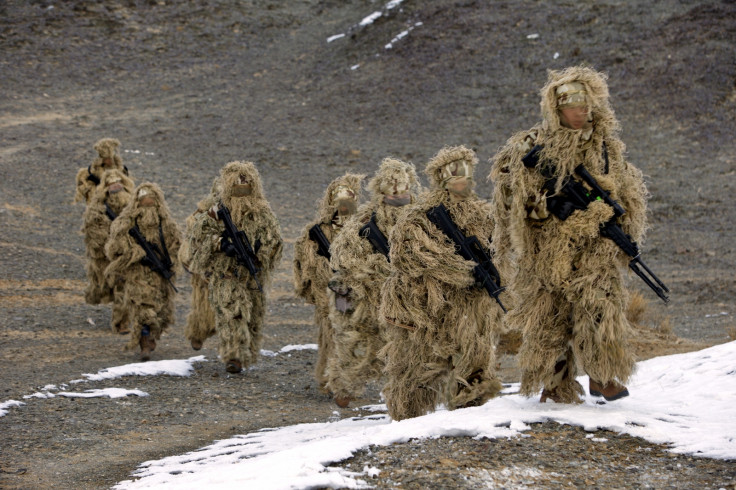China plans to increase number of Marine Corps from 20,000 to 100,000 to boost global presence
The planned 400% rise will enhance Beijing's military stance in continents including Asia and Africa.

China is reportedly planning to expand its marine fighting force from about 20,000 troops to 100,000 to push through with its global ambitions. The planned 400% rise is intended to bolster Beijing's military stance in continents including Asia and Africa.
According to the South China Morning Post, which cited military insiders and analysts, part of the Marine Corps would be stationed in Djibouti in the Horn of Africa, while a major chunk would be deployed in Pakistan's port city of Gwadar.
The moves is said to be part of China's efforts in honing the skills of specialised units of the armed forces and reducing the reliance of ground troops.
"The PLA [People's Liberation Army] marines will be increased to 100,000, consisting of six brigades in the coming future to fulfil new missions of our country," a source was quoted as saying. The unnamed insider added that the size of naval personnel, which is currently at about 235,000 troops, would also witness a significant boost in the coming years.
The Marine Corps unit – which serves under the PLA's navy – was first set up in the1950s to carry out amphibious operations. The elite unit however has had a mixed phase throughout the decades with expansions and downsizing. The unit has conventionally undertaken operations in China's coastal areas.
"Besides its original missions of a possible war with Taiwan, maritime defence in the East and South China seas, it's also foreseeable that the PLA Navy's mission will expand overseas, including protection of China's national security in the Korean peninsula, the country's maritime lifelines, as well as offshore supply deports like in Djibouti and Gwadar port in Pakistan," Beijing-based naval expert Li Jie was quoted as saying. "However, the current size of the marines and its equipment are very limited and not enough to cope with the upcoming new challenges."
© Copyright IBTimes 2025. All rights reserved.






















